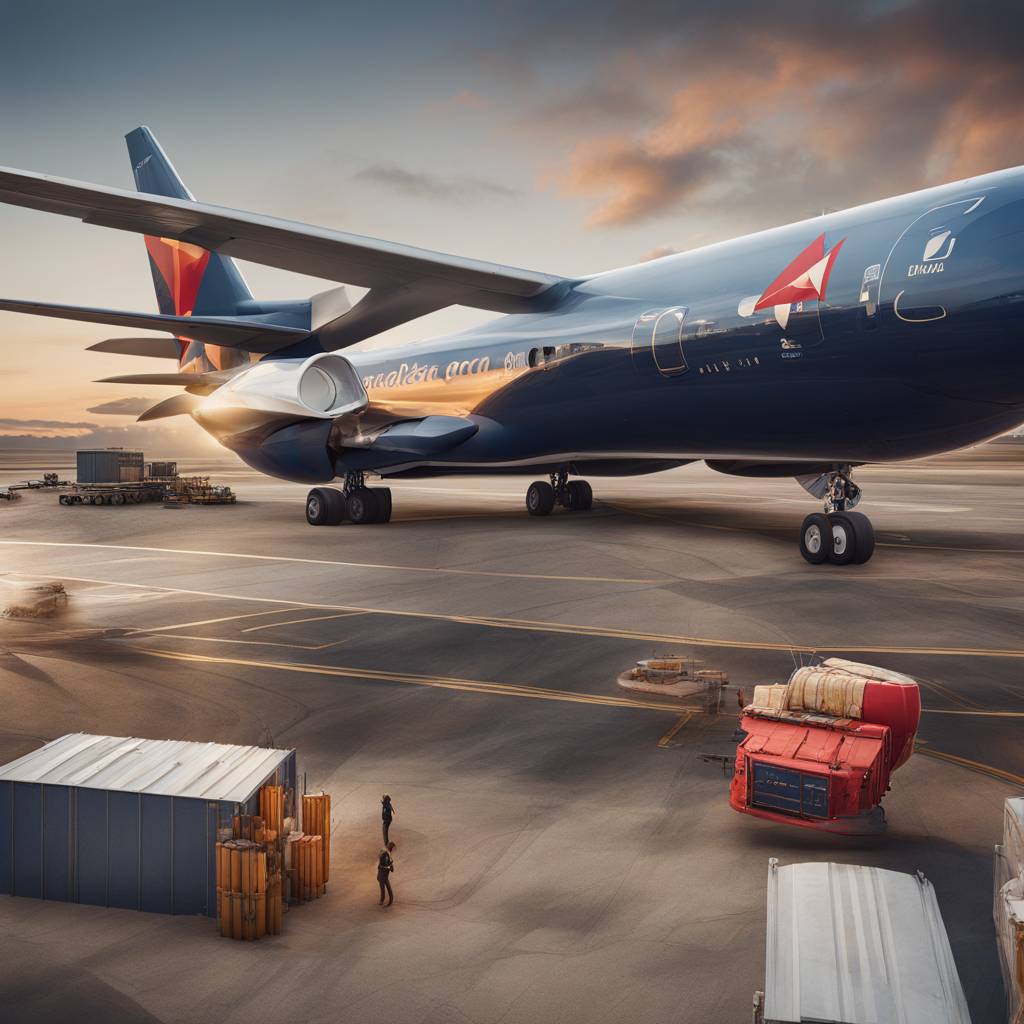Delta Air Lines reported a profit in the first quarter, attributing the positive results to strong bookings for both leisure and business travel ahead of the peak travel season. CEO Ed Bastian highlighted the resilience of the travel industry, noting that consumers are prioritizing travel as a discretionary investment in themselves despite persistent inflation. The company forecasted second-quarter earnings of $2.20 to $2.50 per share, with revenue expected to rise by as much as 7%. Additionally, Delta reiterated its full-year forecast of $6 to $7 per share and free cash flow between $3 billion and $4 billion.
Business travel showed signs of improvement in the last quarter, with executives citing a 14% growth in corporate travel sales. Particularly strong sectors included technology, consumer, and financial services. Delta has adjusted its hiring practices by slowing down recruitment efforts and focusing more on efficiency, in line with other carriers in the industry. Bastian mentioned that the company’s headcount is expected to increase by a low single digit compared to 2023. These measures are aimed at ensuring sustained profitability as the company navigates the changing landscape of the travel industry.
In the first quarter, Delta posted $37 million in earnings, or 6 cents per share, a significant improvement from the loss of $363 million, or 57 cents per share, in the same period of the previous year. Adjusted earnings were reported at $288 million, or 45 cents per share, up from $163 million, or 25 cents per share in the first quarter of 2023. Revenue for the period was $12.56 billion, up 6% from the previous year, although slightly below analysts’ expectations. The carrier’s unit cost, excluding fuel, saw a 1.5% increase over the year.
Delta reported that domestic unit revenue rose by 3% from a year ago, with airplane loads reaching record levels for the typically slow quarter. Airfare also showed slight fluctuations, rising 1% from February to March but dropping by 7% compared to the same month last year, as reported in the U.S. inflation report. The company’s focus is on optimizing growth and restoring profitability within its core hubs, while also striving to achieve efficiency gains. CFO Dan Janki highlighted this approach in an earnings release, emphasizing Delta’s commitment to adapting to the evolving landscape of the travel industry.
Overall, Delta Air Lines exhibited positive financial performance in the first quarter, positioning the company for continued growth in the coming months. With strong bookings for both leisure and business travel, along with strategic adjustments to hiring practices and operational efficiency, Delta remains confident in meeting its financial targets for the year. The company’s focus on core hubs, revenue optimization, and efficiency gains reflects a proactive approach to managing market changes and maintaining profitability in a challenging economic environment. As the travel industry rebounds from the impact of the pandemic, Delta’s strong performance and strategic outlook signal a promising trajectory for the company moving forward.













